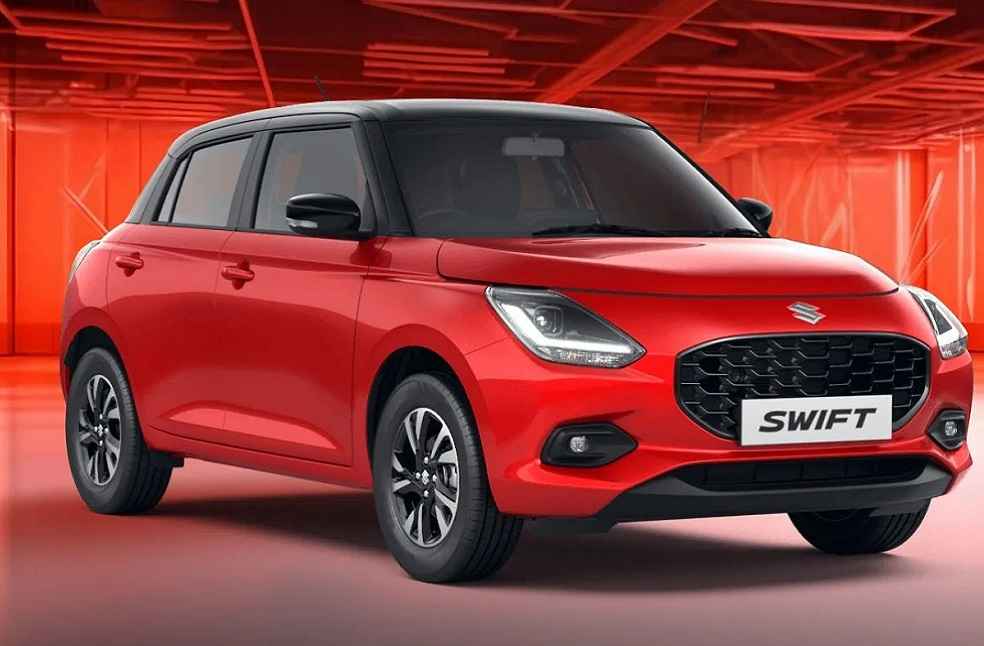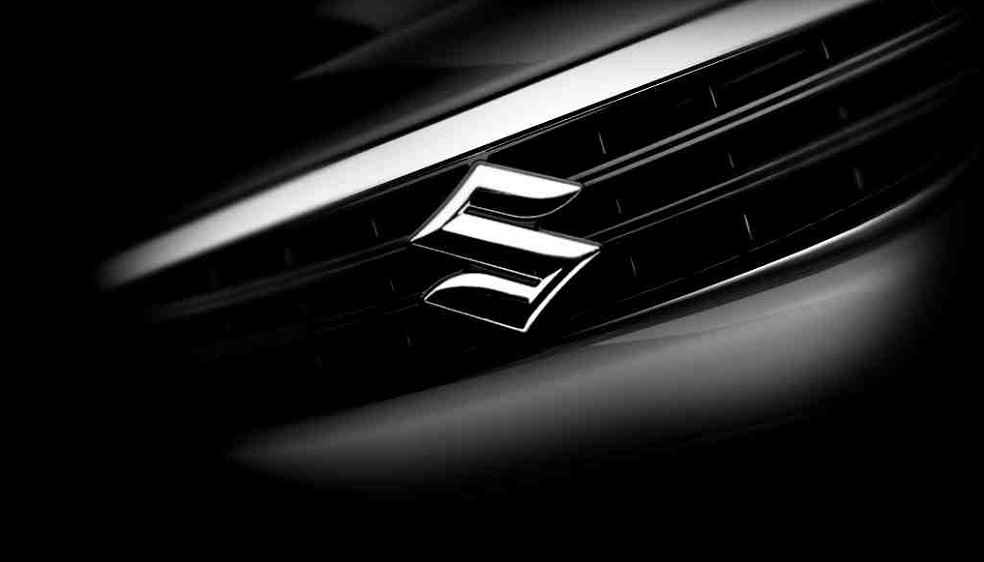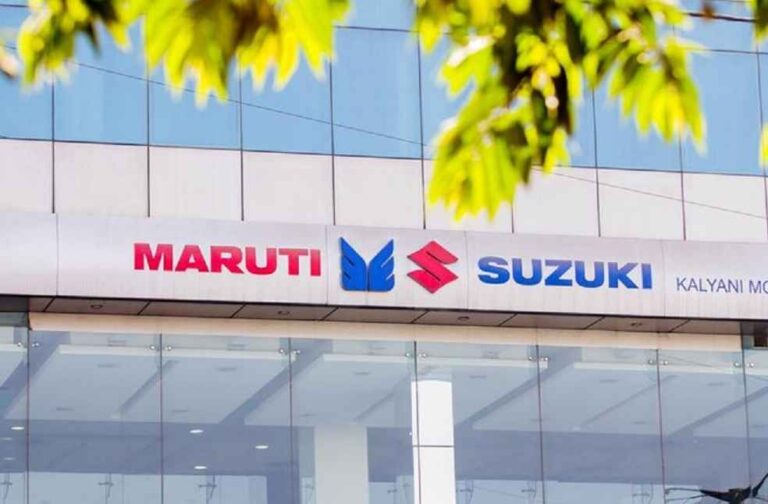Maruti Suzuki India (MSI) is set to enhance the country’s electric vehicle (EV) charging infrastructure ahead of the launch of its e VITARA, with a strategic goal to establish the model as a household’s primary vehicle. The initiative includes a comprehensive ecosystem of fast chargers, after-sales support, leasing models, and financing options to encourage adoption, according to a senior company executive.
Addressing a key concern among potential EV buyers, MSI plans to install fast chargers every 10 kilometers across the top 100 cities, which currently account for nearly 97 percent of India’s total EV sales. “One of the major concerns for customers is the adequacy of public charging infrastructure. We aim to deploy fast chargers at regular intervals in these cities to boost convenience and confidence in EV adoption,” said Partho Banerjee, MSI’s Senior Executive Officer (Marketing & Sales).

Making e VITARA a Primary Vehicle
Banerjee emphasized the company’s goal of positioning e VITARA as a primary vehicle rather than a secondary option. “EVs in India are currently purchased as second or third vehicles in households. We aim to change this perception by ensuring robust after-sales support and expanding service accessibility across 1,000 cities to assist customers in case of emergencies,” he added.
The company unveiled the e VITARA at the Bharat Mobility Global Expo and plans to export the model to key overseas markets before its domestic launch. Production is set to commence later this year at MSI’s Gujarat plant, which will cater to both domestic and export markets.
Building a Strong EV Ecosystem
Banerjee underscored the importance of establishing a supportive ecosystem before the launch. “When we started 40 years ago, we first built the infrastructure before selling the product. We are adopting the same approach with e VITARA, ensuring that necessary facilities and services are in place before introducing the vehicle to the market,” he stated.

To enhance customer experience, MSI is also training dealership personnel with soft skills to address consumer concerns and queries related to EV technology. “Handling customer concerns efficiently is crucial for widespread EV acceptance,” Banerjee noted.
Additionally, MSI plans to introduce a ‘service on wheels’ initiative to assist customers facing breakdowns or technical issues in areas lacking after-sales support. “We will deploy more than 300 mobile service units to ensure uninterrupted assistance,” Banerjee confirmed.
Growing EV Market in India
India’s EV market has been witnessing steady growth. According to the Federation of Automobile Dealers Associations (FADA), the country recorded sales of 99,165 electric cars in 2024, marking a 20 percent year-on-year increase. Maruti Suzuki’s strategic expansion in EV infrastructure and customer support aims to further accelerate this growth and drive greater adoption of electric mobility in India.
OBSERVATION | Trump’s Tariffs on Canada, Mexico May Raise U.S. Car Prices, Hit Automakers





